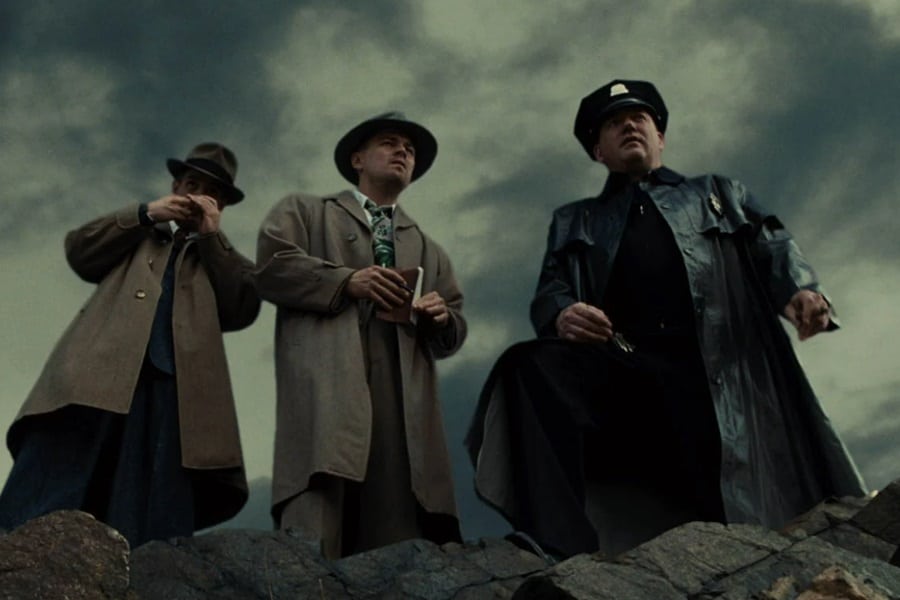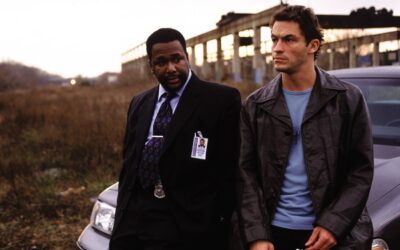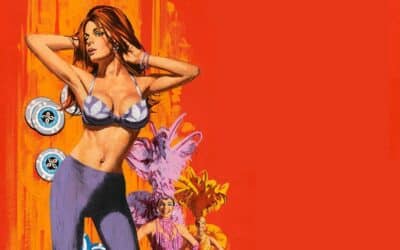
Literary Crime
Literary crime is a genre where the elegance of high literature meets the gritty allure of criminal intrigue. It’s a dance between light and shadow, weaving rich prose with tales of moral ambiguity and complex human motivations. In literary crime, the story is more than a whodunit; it’s an exploration of the human condition, a plunge into the darker aspects of society, and a mirror reflecting our deepest fears and desires.
The origins of literary crime are deeply rooted in the annals of classic literature. Edgar Allan Poe, often hailed as the father of the detective story, laid the groundwork with his creation of C. Auguste Dupin in stories like “The Murders in the Rue Morgue.” Poe’s tales were not just about solving crimes but delving into the psychological depths of his characters. This blend of psychological insight and narrative tension would become a hallmark of literary crime.
Fast forward to the mid-20th century, and we see the genre blossoming with works by authors like Patricia Highsmith and Raymond Chandler. Highsmith’s “Strangers on a Train” and Chandler’s “The Big Sleep” introduced readers to morally ambiguous characters and plots that were as intricate as they were engrossing. These authors didn’t just write about crime; they dissected the human psyche, revealing the fragility and complexity of human nature.
The characteristics that define literary crime are what set it apart from traditional crime fiction. First, there’s the prose. Literary crime novels are often marked by their beautifully crafted language, each sentence meticulously constructed to draw the reader deeper into the narrative. The characters are multifaceted, often wrestling with internal conflicts as much as external ones. These are not just heroes and villains; they are human beings with flaws, desires, and motivations that drive the story forward.
Consider Donna Tartt’s “The Secret History.” This novel is a prime example of literary crime, blending the elements of a psychological thriller with a deep, introspective look at its characters. The story revolves around a group of classics students at an elite college who commit a murder and grapple with the moral and psychological fallout. Tartt’s prose is lush and evocative, her characters complex and deeply human. The crime, while central to the plot, serves as a catalyst for exploring themes of guilt, complicity, and the loss of innocence.
Another standout in the genre is Tana French’s “In the Woods.” French’s novel combines the procedural elements of a detective story with a richly layered narrative. The protagonist, Detective Rob Ryan, is not just solving a crime; he’s confronting his own haunted past. French’s writing delves into the emotional and psychological landscape of her characters, creating a story that is as much about personal redemption as it is about solving a mystery.
The impact of literary crime on readers is profound. These stories do more than entertain; they provoke thought and reflection. They hold up a mirror to society, revealing its cracks and fissures. Gillian Flynn’s “Gone Girl” is a modern example of this. Flynn’s tale of a marriage gone terribly wrong exposes the lies and deceit that can lurk beneath the surface of seemingly perfect relationships. The novel’s twisty plot and unreliable narrators keep readers on edge, while its deeper themes resonate long after the final page is turned.
Literary crime also has a significant presence in popular culture, thanks in part to numerous film and television adaptations. Dennis Lehane’s “Mystic River” and “Shutter Island” are prime examples. These adaptations capture the essence of Lehane’s dark, brooding narratives, bringing his complex characters and morally ambiguous stories to a wider audience. Similarly, James Ellroy’s “L.A. Confidential” was transformed into a critically acclaimed film that remains a touchstone in the genre.
As we look to the future, the genre shows no signs of slowing down. Modern technology and social changes provide fertile ground for new stories and new voices. The rise of cybercrime, the ethical implications of artificial intelligence, and the ever-evolving landscape of global politics offer endless possibilities for exploration. Authors like Attica Locke and Celeste Ng are already pushing the boundaries of the genre, infusing their narratives with contemporary issues and diverse perspectives.
Literary crime is a genre that thrives on depth and deceit, weaving intricate tales that challenge our perceptions and delve into the complexities of human nature. It’s a genre that refuses to settle for simple resolutions, instead opting to explore the murky waters of morality and the human psyche. For readers and viewers alike, it offers a compelling blend of suspense and introspection, making it one of the most enduring and evolving genres in fiction. As we navigate the ever-changing landscape of modern society, literary crime remains a mirror, reflecting our darkest fears and deepest truths, reminding us that the line between right and wrong is often as elusive as the perfect crime
More Crime Features
Ethics in Crime Fiction
Exploring Morality in Law and Order
Hard Case Crime
Celebrating its 20th anniversary
Social Justice in Crime Fiction
Is crime fiction the perfect vehicle to address social justice?



